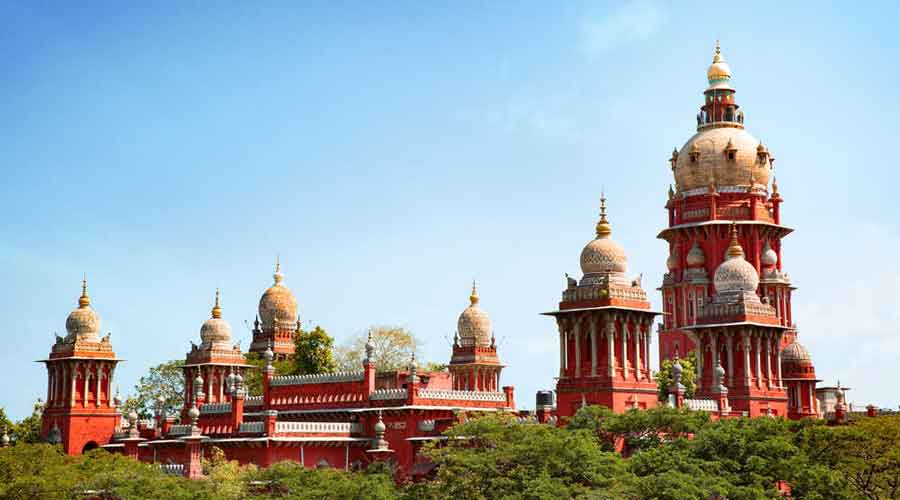The Centre on Thursday decided to implement reservation for the Other Backward Classes and the Economically Weaker Sections in the all-India pool seats in state medical colleges from the current academic year.
“The present government is committed to providing due reservation both to the backward category as well as the EWS category. The Union government has now taken a historic decision to provide for 27 per cent reservation for OBCs and 10 per cent reservation for EWS in the AIQ scheme,” said a media release issued by the Press Information Bureau, the Centre’s publicity wing.
The decision came a week after Madras High Court criticised the delay in introducing a quota for OBCs within the 15 per cent undergraduate seats and the 50 per cent postgraduate seats reserved by state medical colleges under the all-India pool, known as the All-India Quota (AIQ) scheme.
The decision is expected to every year benefit nearly 1,500 OBC students in MBBS courses and 2,500 OBC students in postgraduate courses, and around 550 EWS students in MBBS programmes and 1,000 EWS students in PG programmes, the release added.
Scheduled Castes and Scheduled Tribes already have quotas of 15 per cent and 7.5 per cent, respectively, in the all-India pool of medical seats.
However, some OBC groups like the All India Federation of Backward Classes Employees Association expressed disappointment at the uniform reservation of 27 per cent seats for the OBCs in the all-India pool seats across states.
They demanded that OBCs, SCs and STs get the same percentage of reservation in the 15 per cent all-India pool as they are offered in the remaining 85 per cent seats that are at the disposal of the states. Different states have different quotas for OBCs, SCs and STs within this 85 per cent, based on the population composition. Tamil Nadu reserves 50 per cent of these seats for OBCs, 18 per cent for SCs and 1 per cent for STs.
The ruling DMK that had filed a case in Madras High Court had demanded that the state reservation policy apply to the all-India quota seats as well in Tamil Nadu medical colleges.
“We want 69 per cent reservation in the all-India pool seats, including 50 per cent for OBCs. The Union health ministry had supported the implementation of a state-specific reservation policy on these seats. Now they have implemented a different formula. This is disappointing,” said G. Karunanidhy, general secretary of the federation.
On July 27, 2020, Madras High Court had directed the OBC quota’s implementation in the all-India pool seats at state medical colleges. It had also ordered the setting up of an expert committee to examine the terms of implementation.
The committee had favoured the implementation while leaving it to the government to take a decision on whether to offer a uniform 27 per cent OBC reservation in the all-India pool seats or opt for state-specific reservation.
The Centre, however, submitted the report of the committee before the Supreme Court in a case pending since 2015, triggering allegations of deliberate delay. The case had been filed by an aspiring medical student seeking reservation in the all-India pool seats at state medical colleges.
The NEET brochure for this year mentions that the OBC reservation in the all-India pool will depend on the outcome of the case in the Supreme Court.
On July 19 this year, Madras High Court had held as “contumacious” the Centre’s earlier decision against implementing its judgment in favour of OBC reservation in the all-India pool in state medical colleges.
Sashank Ratnoo, a Supreme Court lawyer and an expert on OBC issues, welcomed the government’s latest decision.
“The matter had been lingering for long. Now the government has decided to implement the reservation. It is a welcome decision,” he said.











